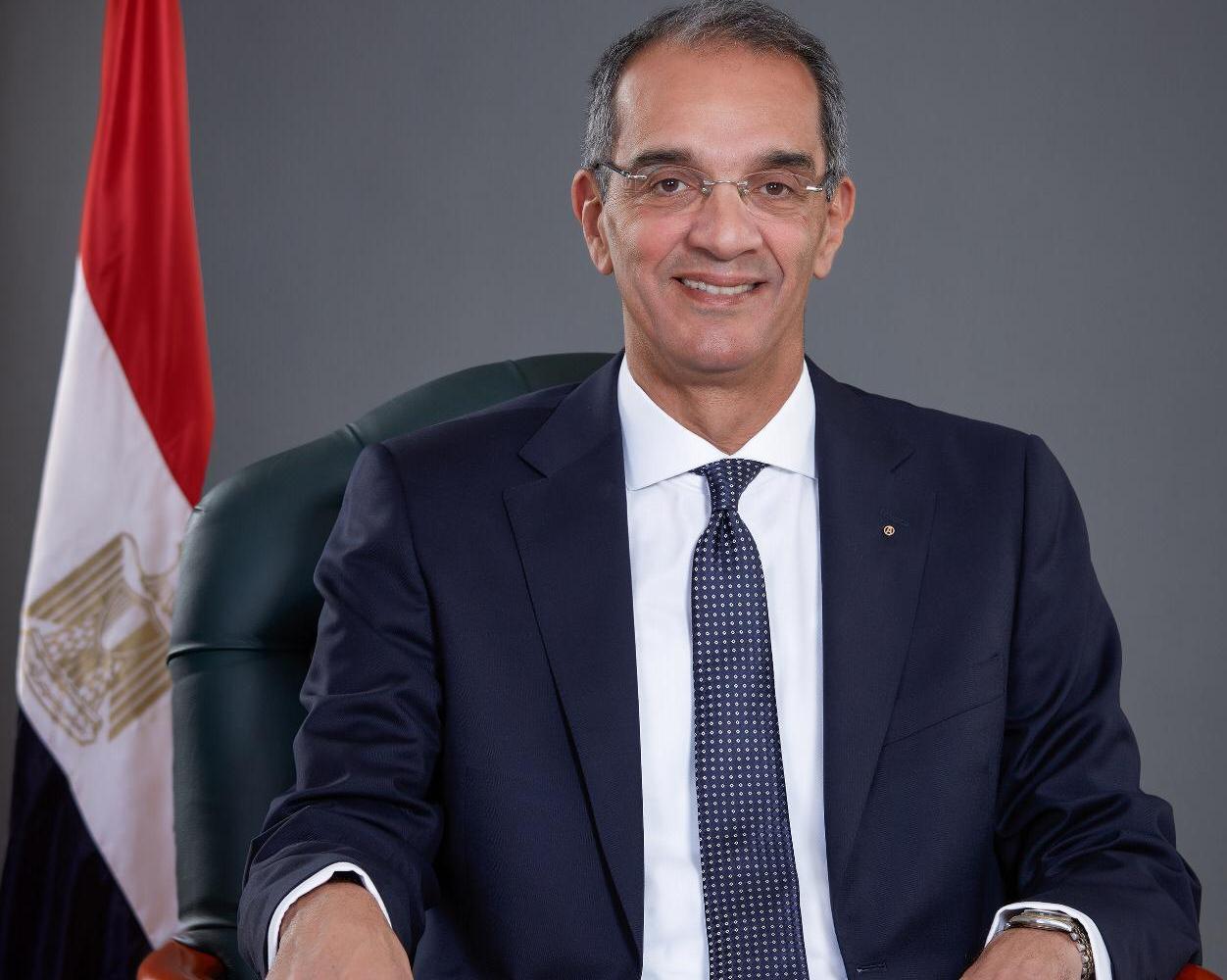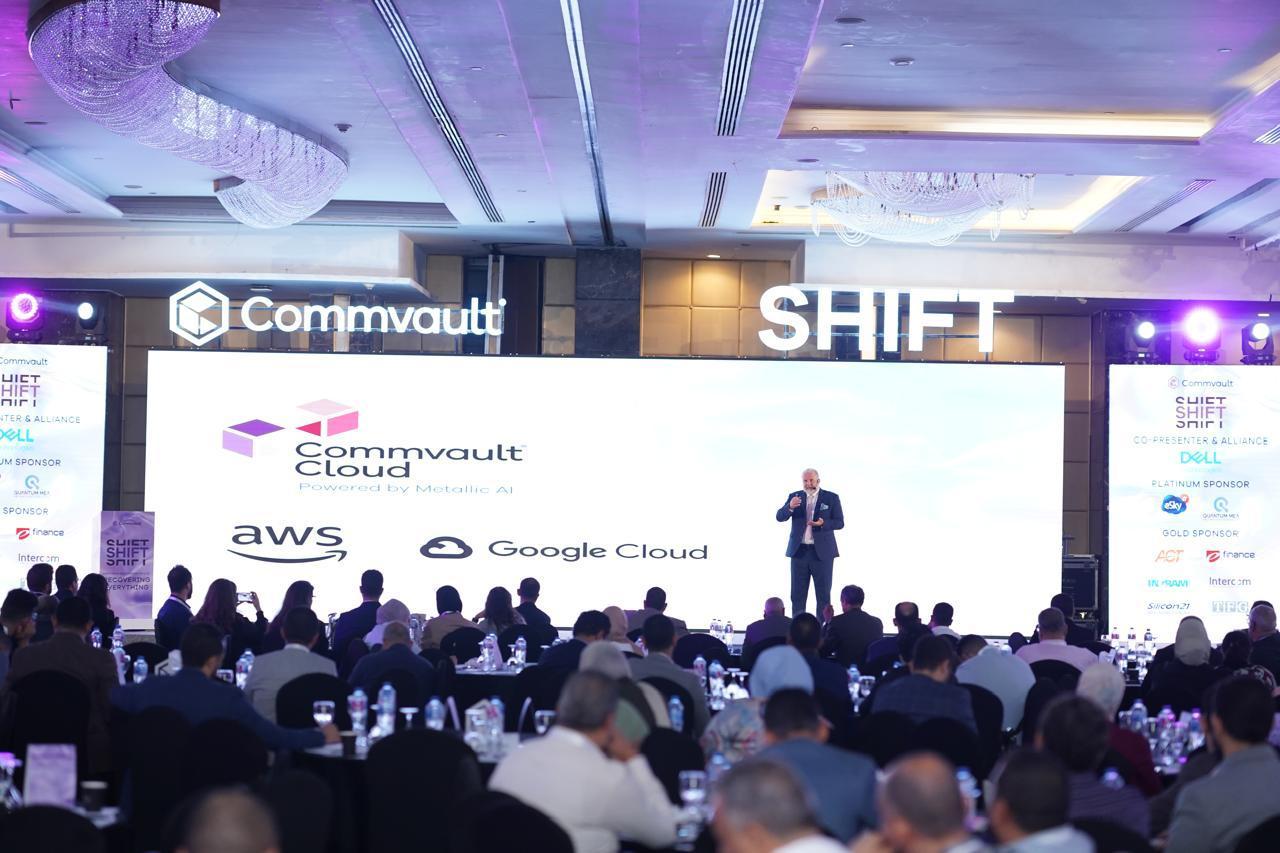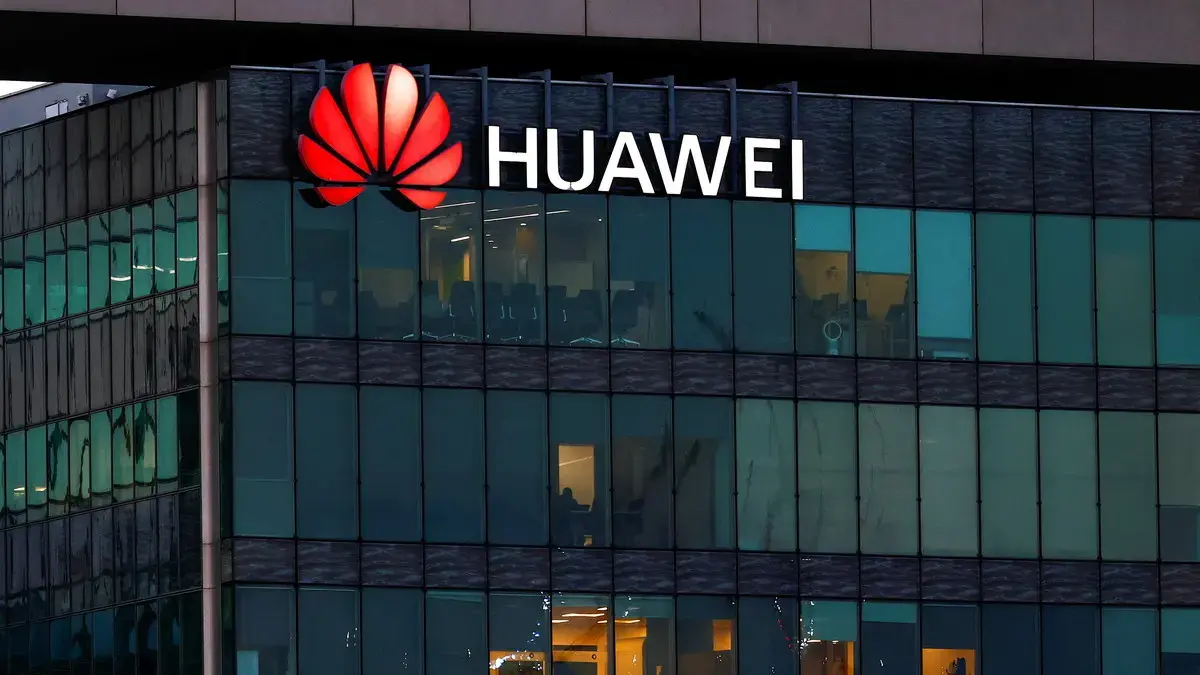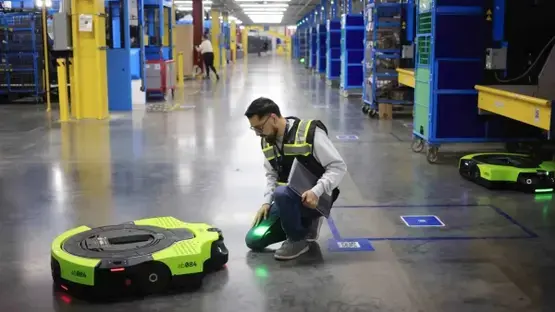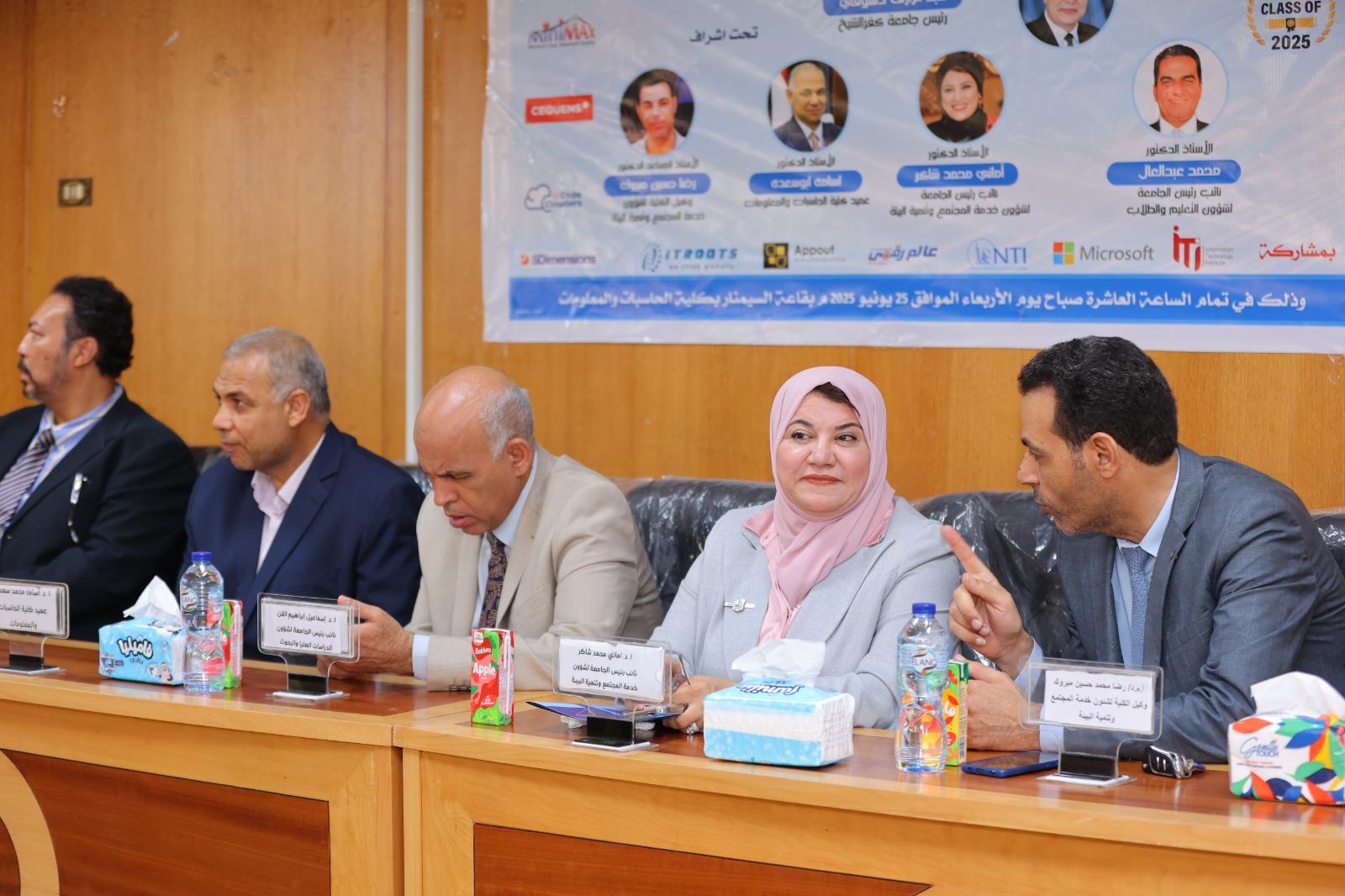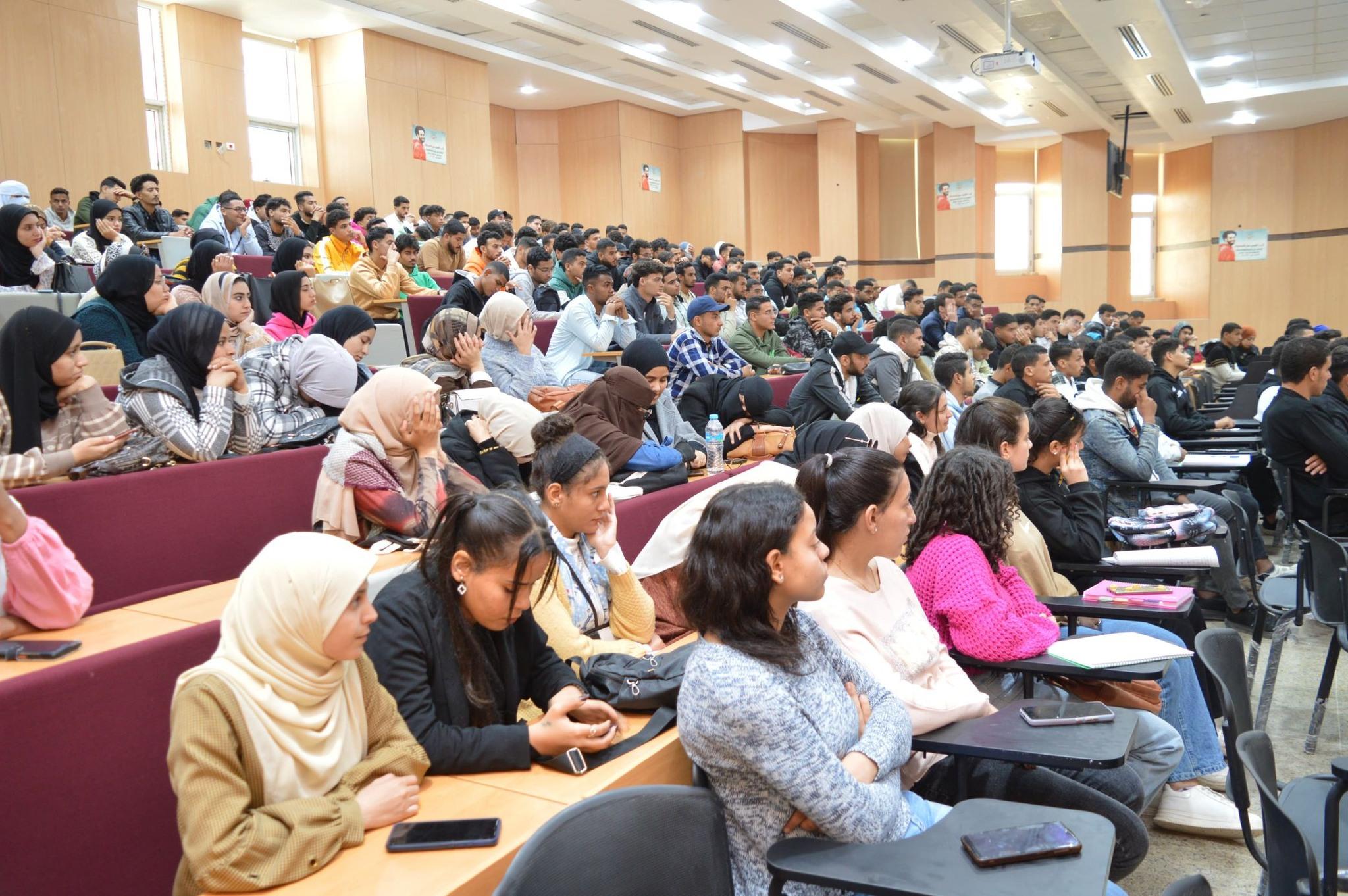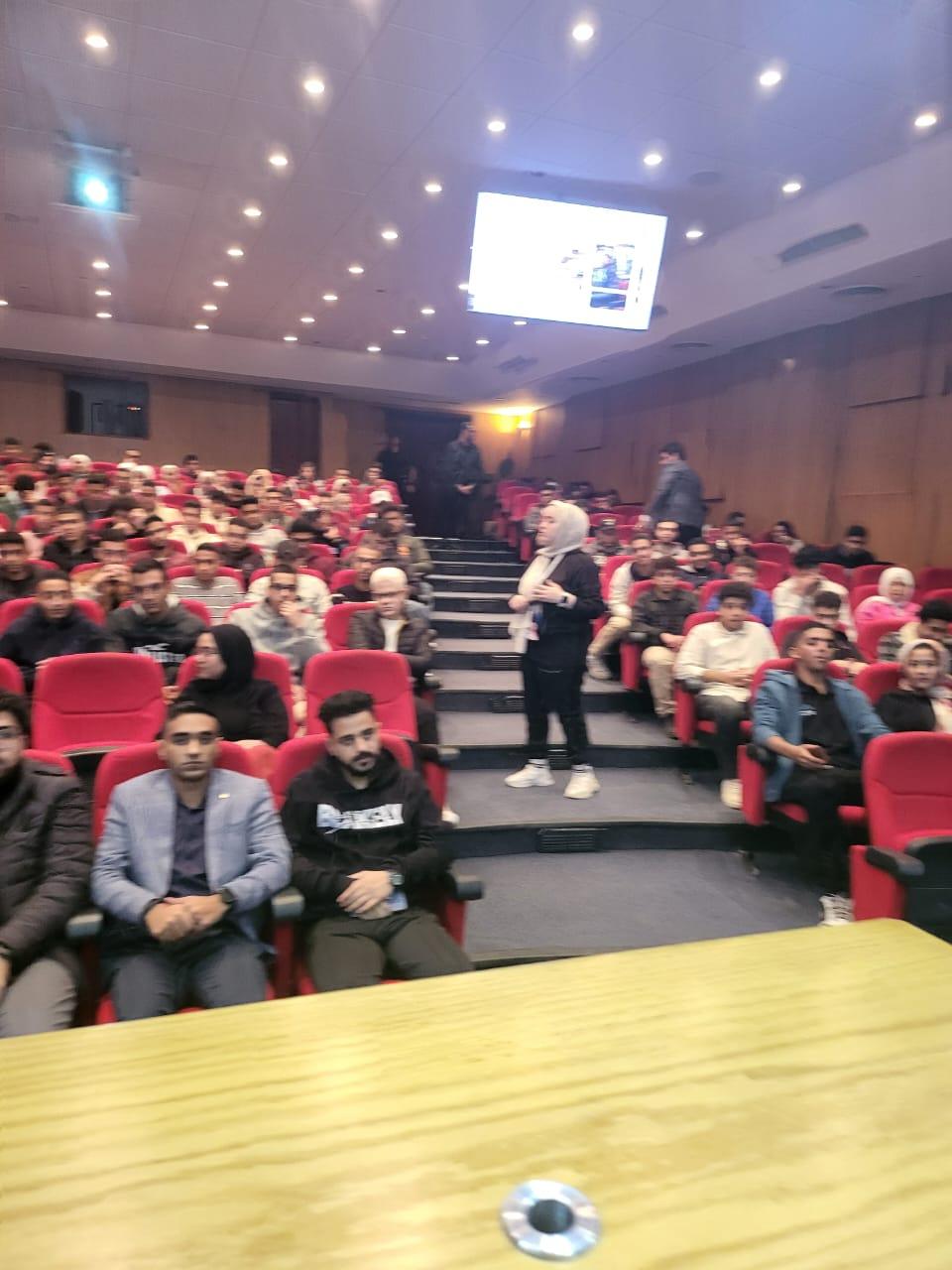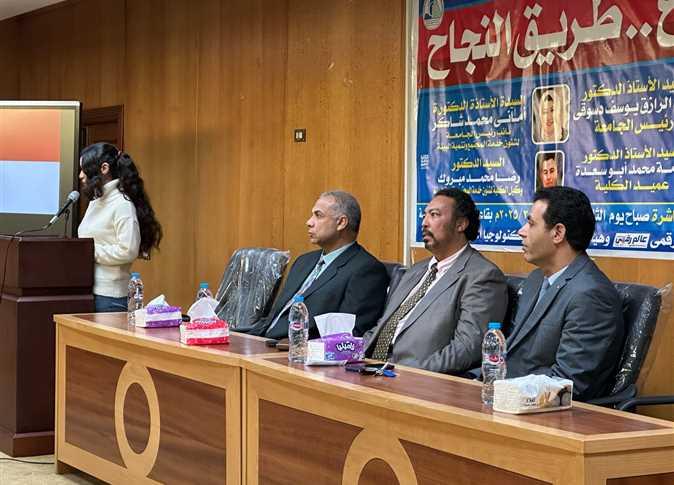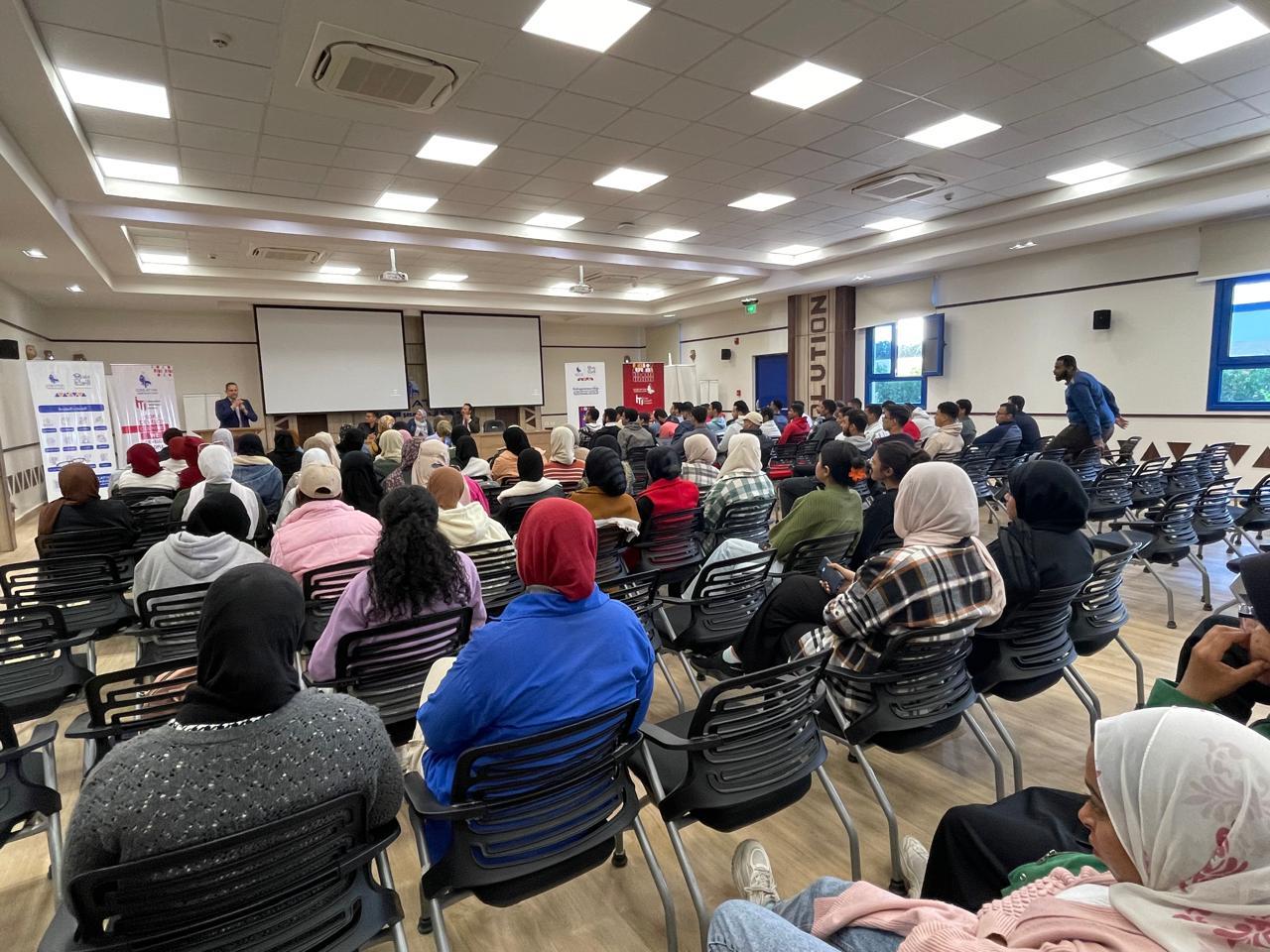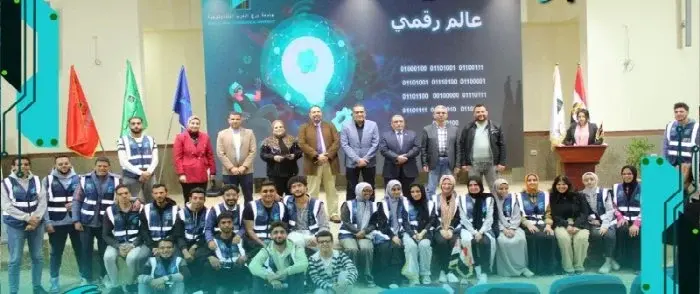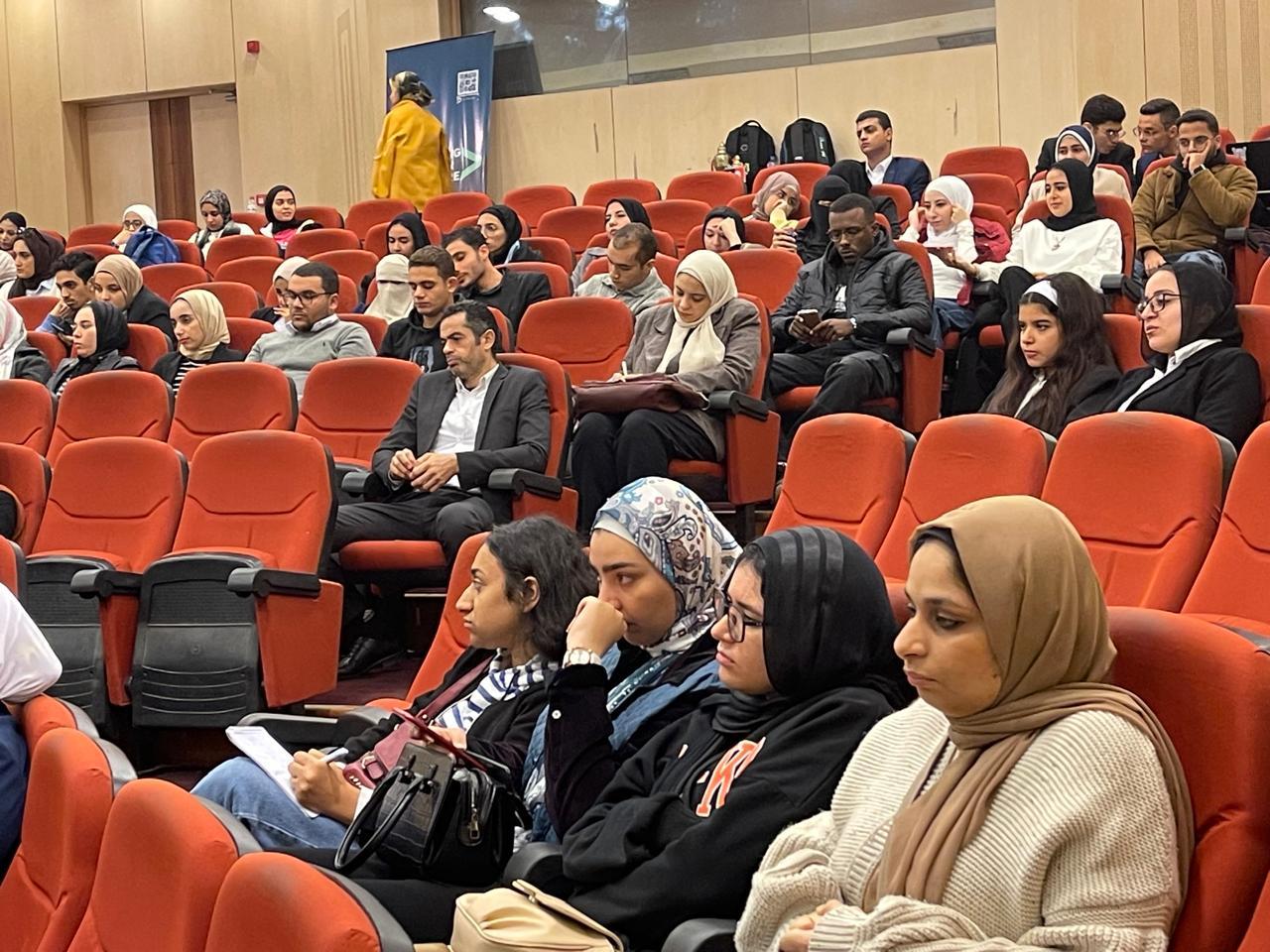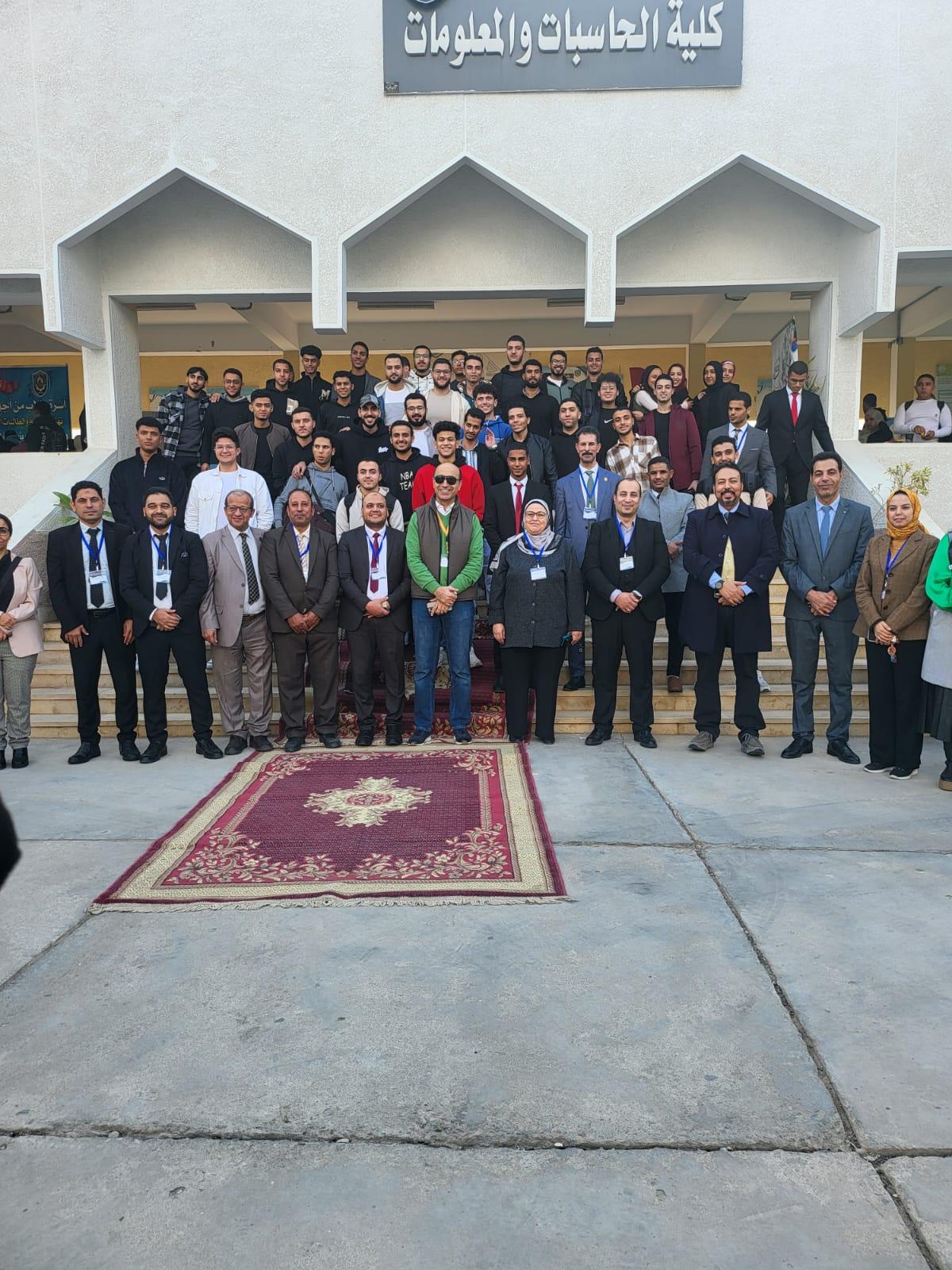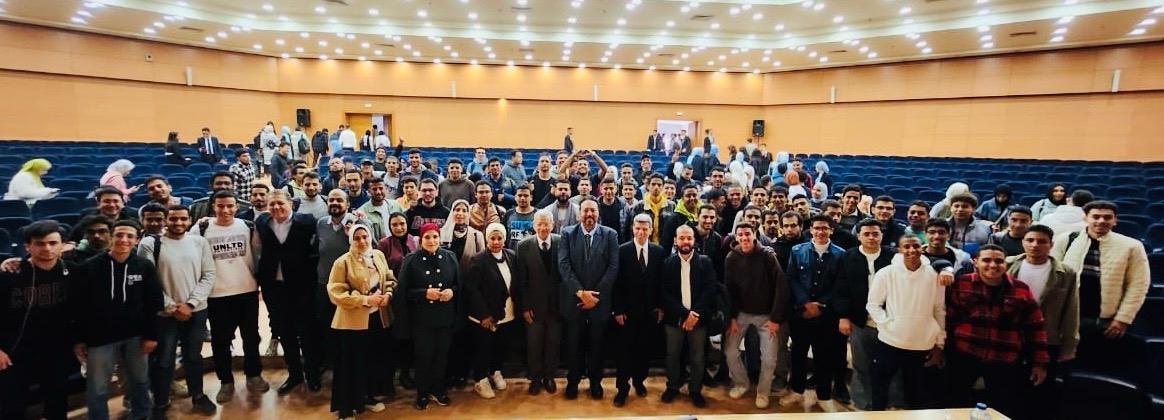By: Bakinam Khaled
Dr. Amr Talaat, Minister of Communications and Information Technology, confirmed that the rapid technological transformations witnessed by the world confirm that technology is the main driver of sustainable development, noting that fifth generation technologies are not just a qualitative leap in the world of communications, but rather an essential element in enabling smart cities that are characterized by environmental sustainability, efficiency in resource management, and achieving digital inclusiveness.
This came in a speech by Dr. Amr Talaat, delivered on his behalf by Eng. Ghada Labib, Deputy Minister of Communications and Information Technology for Institutional Development, during the opening of the "5G and Beyond Forum", which is held under the title "Empowering Smart and Sustainable Cities and Communities" and is organized by the International Telecommunication Union (ITU) in cooperation and partnership with the National Telecommunications Institute (NTI) over two days (December 10-11) at the headquarters of the National Telecommunications Institute in Smart Village under the patronage of Dr. Amr Talaat, Minister of Communications and Information Technology.
Dr. Amr Talaat explained the state's keenness to enhance the communications infrastructure and keep pace with modern technologies, as licenses to operate fifth-generation mobile phone services have been granted to the four mobile companies, and it is planned to launch fifth-generation services during the coming period, which contributes to providing advanced communications services and supports the state's efforts to achieve digital transformation, in addition to benefiting from these technologies in improving health and distance education services, developing industrial cities, and enhancing cybersecurity systems.
Dr. Amr Talaat added that the state has taken tangible steps towards building an integrated system for smart and sustainable cities and expanding the establishment of new smart cities, including the New Administrative Capital, which is a pioneering model for fourth-generation cities that rely on advanced digital infrastructure and fiber optic networks, explaining the efforts made in extending fiber optic cables, as investments amounting to 150 billion pounds have been pumped since 2018 to develop digital infrastructure throughout the republic.
The forum aims to explore more potential of fifth-generation networks in establishing smart, sustainable and flexible cities, and how to activate fifth-generation tools in developing urban services such as smart networks and intelligent transportation systems, and enhance compatibility and inclusiveness in this field, in addition to reviewing successful case studies of fifth-generation-based smart city initiatives worldwide, and addressing challenges related to the security and governance of fifth-generation networks, including cybersecurity and regulatory compliance.
The forum will be attended by about 400 experts and specialists in various fields of communications and information technology at the local, regional and global levels, and more than 30 heads and representatives of major communications companies in Egypt, including: Dell Technology, VOIS, Vodafone, Etisalat Misr e&, Nokia, Huawei, WE, Fortinet, IBM, ZTE, Ericsson, See Shield, and other local and international companies interested in this industry.
For his part, Dr. Ahmed Khattab, Director of the National Telecommunications Institute, pointed out in his speech that the institute is a leading institution in the field of education and scientific research in the field of communications, and has been at the forefront of technological progress since its establishment as an Egyptian center of excellence and for more than 40 years as one of the most prominent executive arms of the Ministry of Communications and Information Technology and a specialized house of expertise in the fields of communications and information technology; stressing that the National Telecommunications Institute's commitment to excellence and innovation has made it a pivotal player not only in Egypt but also in the Middle East and North Africa region.
Dr. Ahmed Khattab welcomed the organization and hosting of this important international event, noting that it came to confirm the Institute's keenness and keeping pace with all that is new in the field of information and communications technology at the international level, as the Institute is continuously working to qualify and prepare specialized human cadres in this vital field, through advanced training programs and qualitative initiatives aimed at bridging the technological gap and meeting the needs of the local and international market in most areas of communications and information technology; adding that this forum is an opportunity to enhance cooperation and exchange knowledge between the International Telecommunication Union, the National Telecommunications Institute, thought leaders and experts from various sectors to exchange visions and experiences on how to employ fifth-generation technologies to create smarter and more effective urban environments and open new horizons for developing smart cities and enhancing their sustainability.
The opening ceremony of the forum was attended by Eng. Mohamed Shamroukh, CEO of the National Telecom Regulatory Authority (NTRA), MP Ahmed Badawy, Chairman of the Communications Committee in the House of Representatives, Dr. Ahmed El-Sherbiny, Professor of Cairo Engineering and former Assistant Minister of Communications, Dr. Marian Azer, Professor at the National Telecommunications Institute, in addition to a number of experts from the International Telecommunication Union in the United Arab Emirates, Sudan, India, the United Kingdom and others. It is worth noting that the forum coincides with the world's increasing reliance on the capabilities of the fifth generation 5G and the emerging mobile technologies it enjoys, which cities can benefit from these developments to transform into smart and sustainable urban environments, as fifth generation networks provide high speeds and wide connectivity, enabling new technologies that contribute significantly to providing exclusive smart services, which makes urban life more efficient and easier for citizens.
